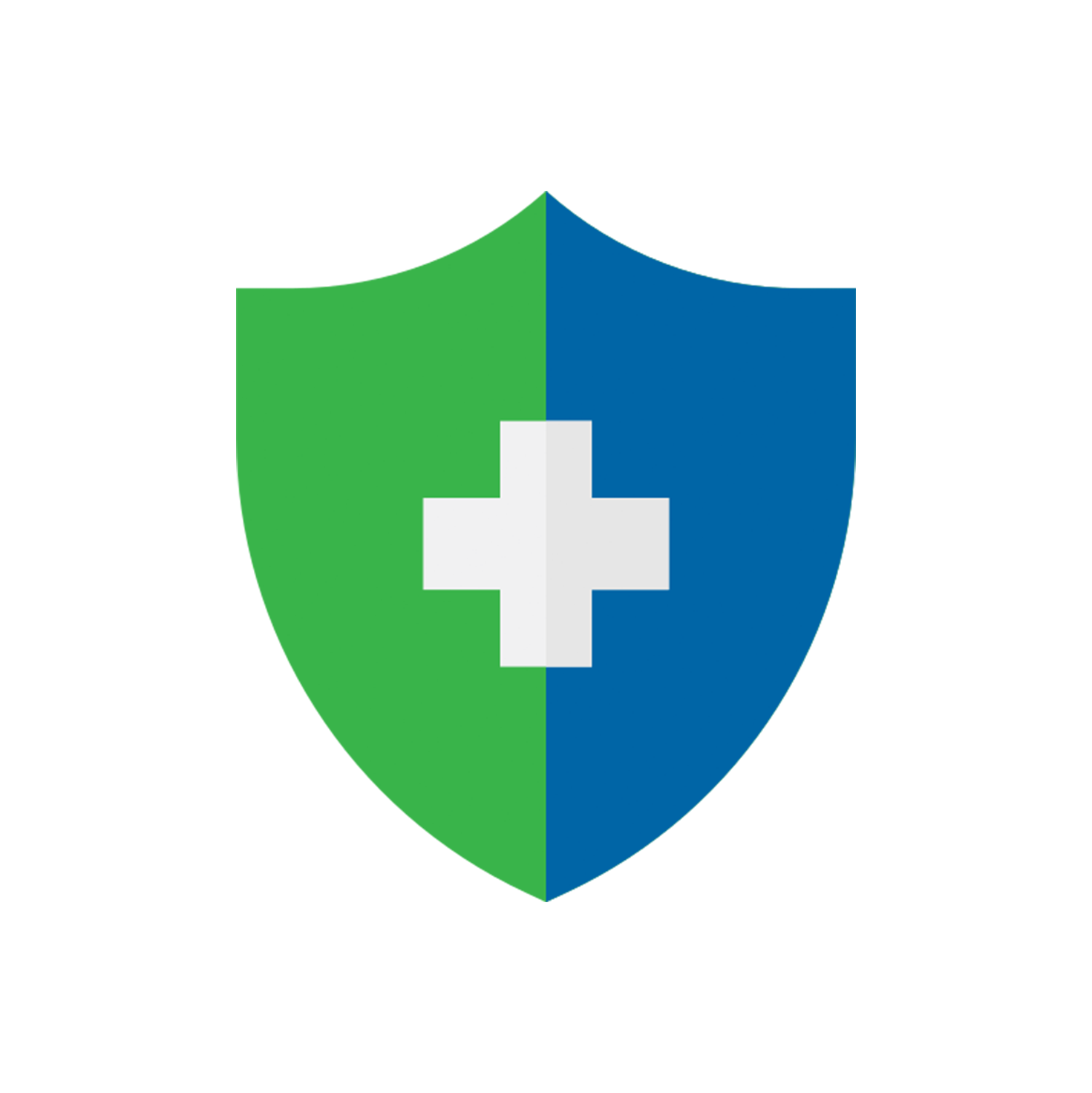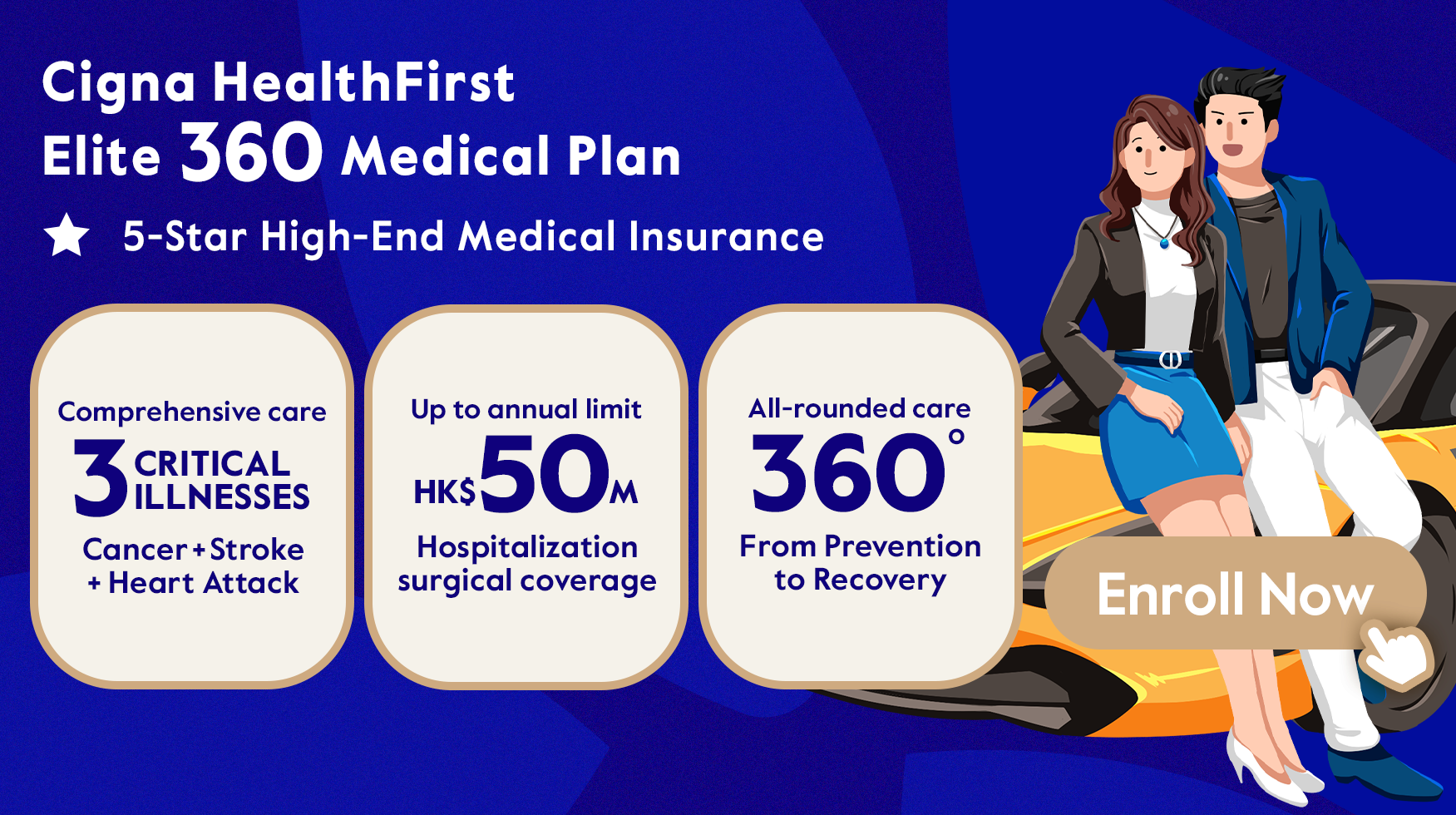What might happen when COVID-19 sets to meet winter flu this year could be disastrous. With both being contagious respiratory illnesses, people at high risk who caught both illnesses might result in serious conditions. Therefore, authorities urge the public to get vaccinated as early as possible to help prevent seasonal flu. In the following, we will be explaining in detail about influenza vaccine and the places for and prices of getting vaccinated.
Reasons you should get the flu vaccine
According to the Centre for Health Protection, vaccination is an effective way to prevent seasonal influenza and its complications. Plus, the influenza vaccine can provide 70% to 90%1 protection for healthy people under 65. As the antibodies in the body will gradually decrease over time after each vaccination, the protective effect will not last till the next year. So one should get a vaccination each year to be protected by the vaccine again. Especially with the COVID-19 outbreak, additional protection is essential to combat viruses.
How much does a flu shot cost?
The flu shot can be vaccinated in a hospital or clinic, and the price ranges from approximately $150 to $600*. The cost would usually involve doctor consultation, vaccine and injection at private hospitals. Additional fee may be charged for doctor consultation at some clinics. Make sure you understand clearly about the cost, the services involved and any additional fee.
| Hospital |
Price |
| $440^ (vaccine for adults) |
|
| $380 |
|
| $450^ |
|
| Clinic |
Price |
| $150 (early bird offer until 30 November) |
|
| $300 |
|
| $240 |
|
| Injective vaccine (for aged 13 or above): $255 (early bird offer until 30 November) Injective vaccine (for aged 13 or below): $355 (early bird offer until 30 November) Nasal spray vaccine (for aged 13 or above): $500 (at designated clinic only) Nasal spray vaccine (for aged between 2 to 12): $600 (at designated clinic only) Will cost an additional fee of $100 for doctor consultation |
*The fee has included doctor consultation, vaccine and injection.
^All amounts were last updated on 11 November 2020. Subject to changes by respective hospital/clinic.
How to choose a flu vaccine?
Types of flu shots in Hong Kong are trivalent and quadrivalent. Trivalent flu vaccines protect against common flu viruses while quadrivalent flu vaccines protect against two influenza A viruses and two influenza B viruses which can provide a broader protection from infection. There are 2 types of vaccine provided in Hong Kong - the inactivated-influenza vaccine and live-attenuated influenza vaccine. The most common injective vaccine is inactivated-influenza vaccine. The nasal spray vaccines re-registered in Hong Kong this season are live-attenuated influenza vaccines.
An important point to note: not everyone is suitable to receive these two types of vaccines. Inactivated vaccines are suitable for people over 6 months old, and people who have severe allergic reactions to eggs and the antibiotic neomycin are not suitable for vaccination. Live attenuated vaccines are suitable for people aged 2 to 49. Those who are not suitable for live attenuated vaccination include those who have concomitant aspirin or salicylate-containing therapy, have asthma and chronic respiratory diseases, have weak or impaired immune systems, children 2 years through 4 years who have asthma or who have had a history of wheezing in the past 12 months, or, pregnant women2.
Consult a doctor if you doubt the type of vaccination you should get.
Eligible groups for free or funded flu vaccine
The Vaccination Subsidy Scheme and Government Vaccination Programme commenced on 8 October 2020 and 22 October 2020 respectively. Eligible groups of high risk and disadvantaged personnel are provided with free or funded seasonal influenza vaccination. The amount of funds has been increased from HK$210 to HK$240. The list of eligible groups3 below can receive free vaccinations at designated public clinics, maternal and child health centres, and student health service centres of the Department of Health, or receive funded vaccinations at private clinics registered to participate in the scheme. Go to the website of the Center for Health Protection to learn more about the vaccination schemes.
- Pregnant woman
- Residents of Residential Care Homes (for the Elderly or Persons with Disabilities)
- Persons of age 50 years or above
- Children of age between 6 months and less than 12 years
- Persons with intellectual disability
- Recipients of disability allowance
- Healthcare workers
- Poultry workers, Pig farmers and pig slaughtering industry personnel
- Persons with chronic medical problems or high-risk conditions*
*History of invasive pneumococcal disease, cerebrospinal fluid leakage or cochlear implant;
Chronic cardiovascular (except hypertension without complications), lung, liver or kidney diseases;
Metabolic diseases including diabetes mellitus or obesity (Body Mass Index 30 or above);
Immunocompromised states related to weakened immune system due to conditions such as asplenia, Human Immunodeficiency Virus infection/Acquired
Immune Deficiency Syndrome or cancer/steroid treatment;
Chronic neurological conditions that can compromise respiratory functions or the handling of respiratory secretions, or increase the risk of aspiration, or
those who lack the ability to take care of themselves; and
Children and adolescents (aged 6 months to 18 years) on long-term aspirin therapy.
Will there be side effects of vaccination?
Many people are concerned about the side effects of vaccination. The situation varies among individuals. In 6 to 12 hours following the vaccination of inactivated vaccines, one might experience temporary side effects including headache, muscle pain, fatigue, and fever4. After getting nasal spray live attenuated vaccines, one might experience side effects such as the runny nose, nasal congestion and sore throat5. However, you should consult a doctor immediately if the situation of fever, discomfort or severe allergic reactions continue.
The recent events in South Korea raise concern on the safety of vaccination - dozens of people died after being vaccinated against seasonal influenza. The local health authorities reassure the public that they found no direct link between the deaths and the shots. In fact, cases of serious adverse effects or allergic reactions after influenza vaccination are extremely rare. If you are concerned about the effect of vaccination on your body, you should consult a doctor before getting vaccinated.
When is the best time for flu vaccination?
The groups of high-risk individuals mentioned above are not the only ones that may get severe influenza. People who are generally healthy are also at risk. That’s why the Center for Health Protection advises individuals who are 6 months or above to get a flu vaccination. Since it takes about two weeks for the body to produce antibodies after vaccination, there would be a two-week window period that leaves one at risk if one gets vaccination when the influenza outbreak has already begun. The winter peak flu season generally starts in January and lasts for about 3 to 4 weeks. Therefore, to prevent seasonal influenza viruses one is recommended to vaccinate as soon as possible6.
Cigna HealthFirst Elite 360 Medical Plan offers comprehensive and personalized medical coverage across the stage prevention, diagnosis, treatment and recovery, with a range of hospital and surgical benefits, optional insurance benefits with an annual limit of up to HK$50 million, personalized health assessment, three critical illnesses(cancer, stroke and heart attack) all-rounded care and international medical concierge service. A 360-degree total health protection that spans across all the key stages of your health journey. Learn more here.
Sources:
- Centre for Health Protection
- Frequently Asked Questions on Seasonal Influenza Vaccination17
- Vaccination Schemes
- Frequently Asked Questions on Seasonal Influenza Vaccination20
- Frequently Asked Questions on Seasonal Influenza Vaccination21
- Frequently Asked Questions on Seasonal Influenza Vaccination28
© Cigna Healthcare 2023
Information provided in this article is intended for health and fitness purposes only and is not intended for use in the diagnosis of disease or other conditions, or in the cure, mitigation, treatment or prevention of disease (see Terms & Conditions for details). Any health-related information found in this article is available only for your interest and should not be treated as medical advice. Users should seek any medical advice from a physician, especially before self-diagnosing any ailment or embarking on any new lifestyle or exercise regime. Any information contained in this article may not be suitable, accurate, complete or reliable. Cigna Healthcare accepts no responsibility for the content or accuracy of information contained on external websites or resources, or for the security and safety of using them. "Cigna Healthcare" and the "Tree of Life" logo are registered trademarks of Cigna Intellectual Property, Inc. in the United States and elsewhere, licensed for use. All products and services are provided by or through operating subsidiaries, and not by The Cigna Group.




